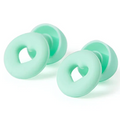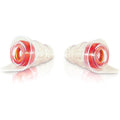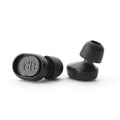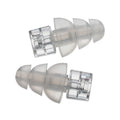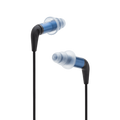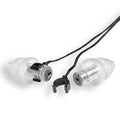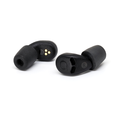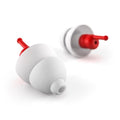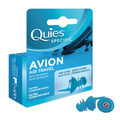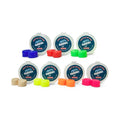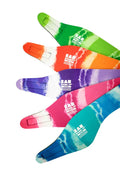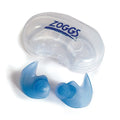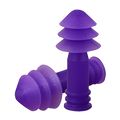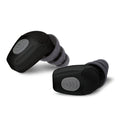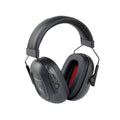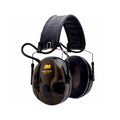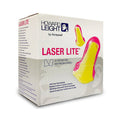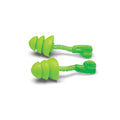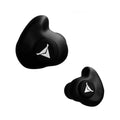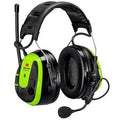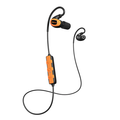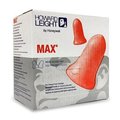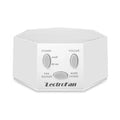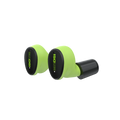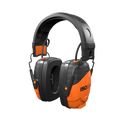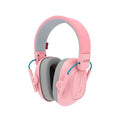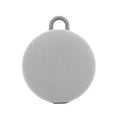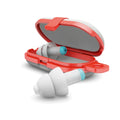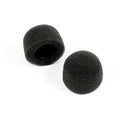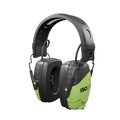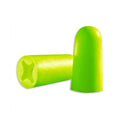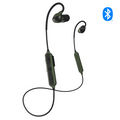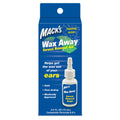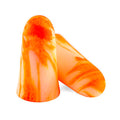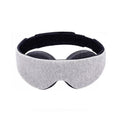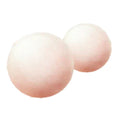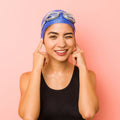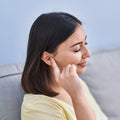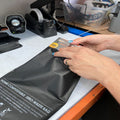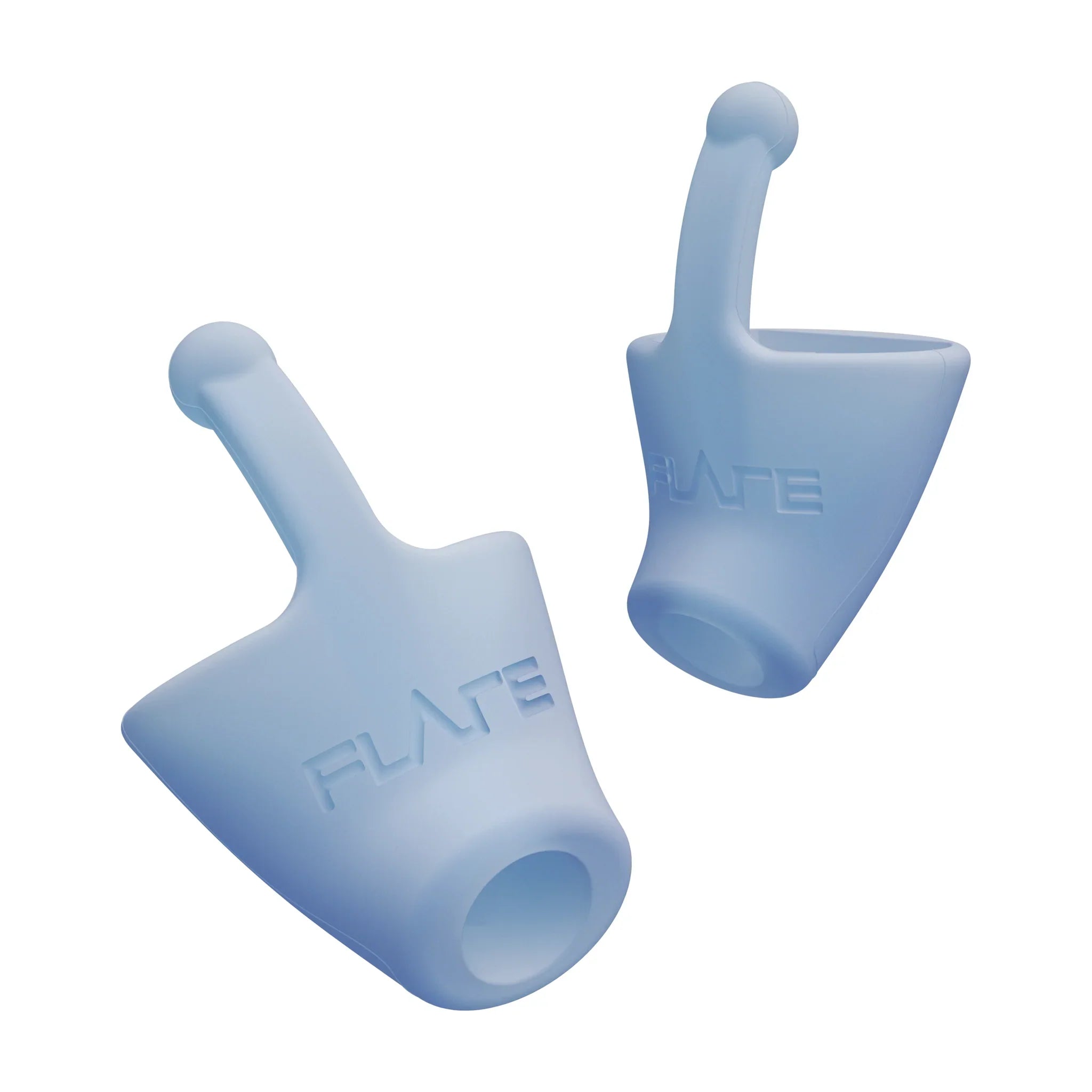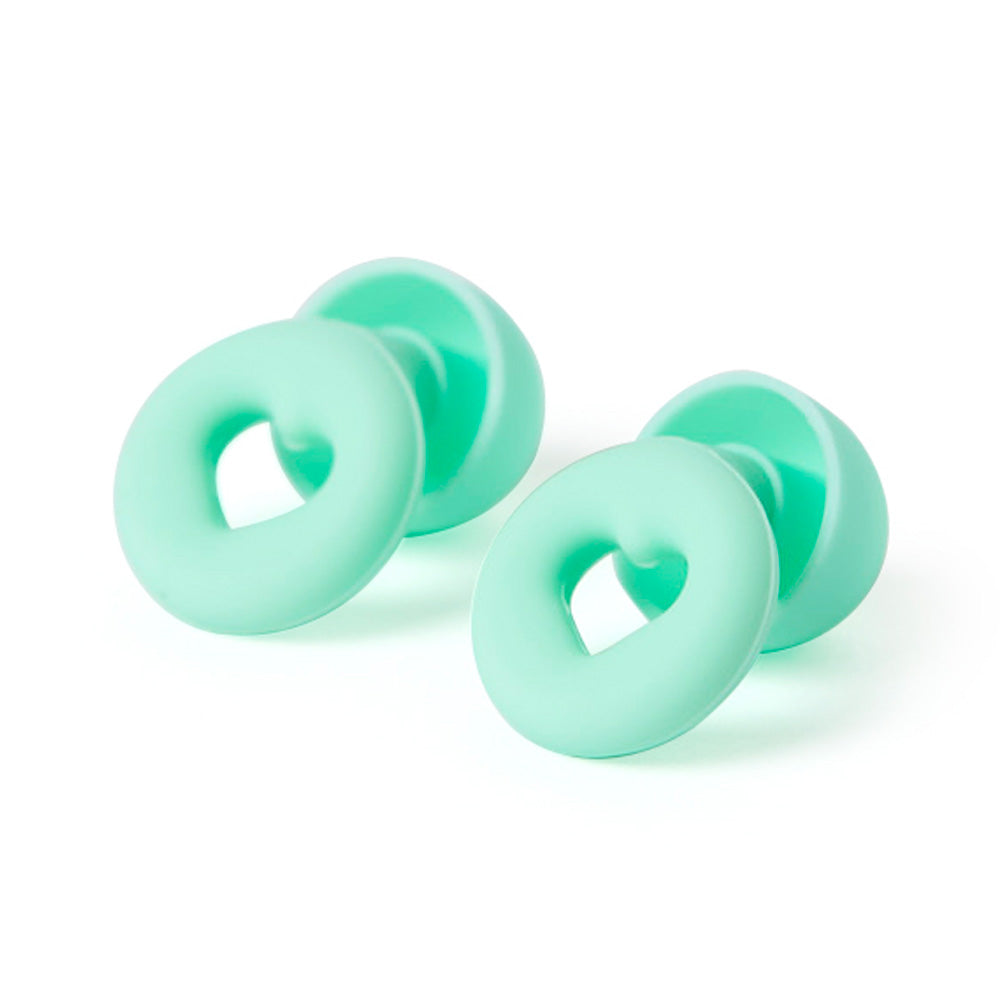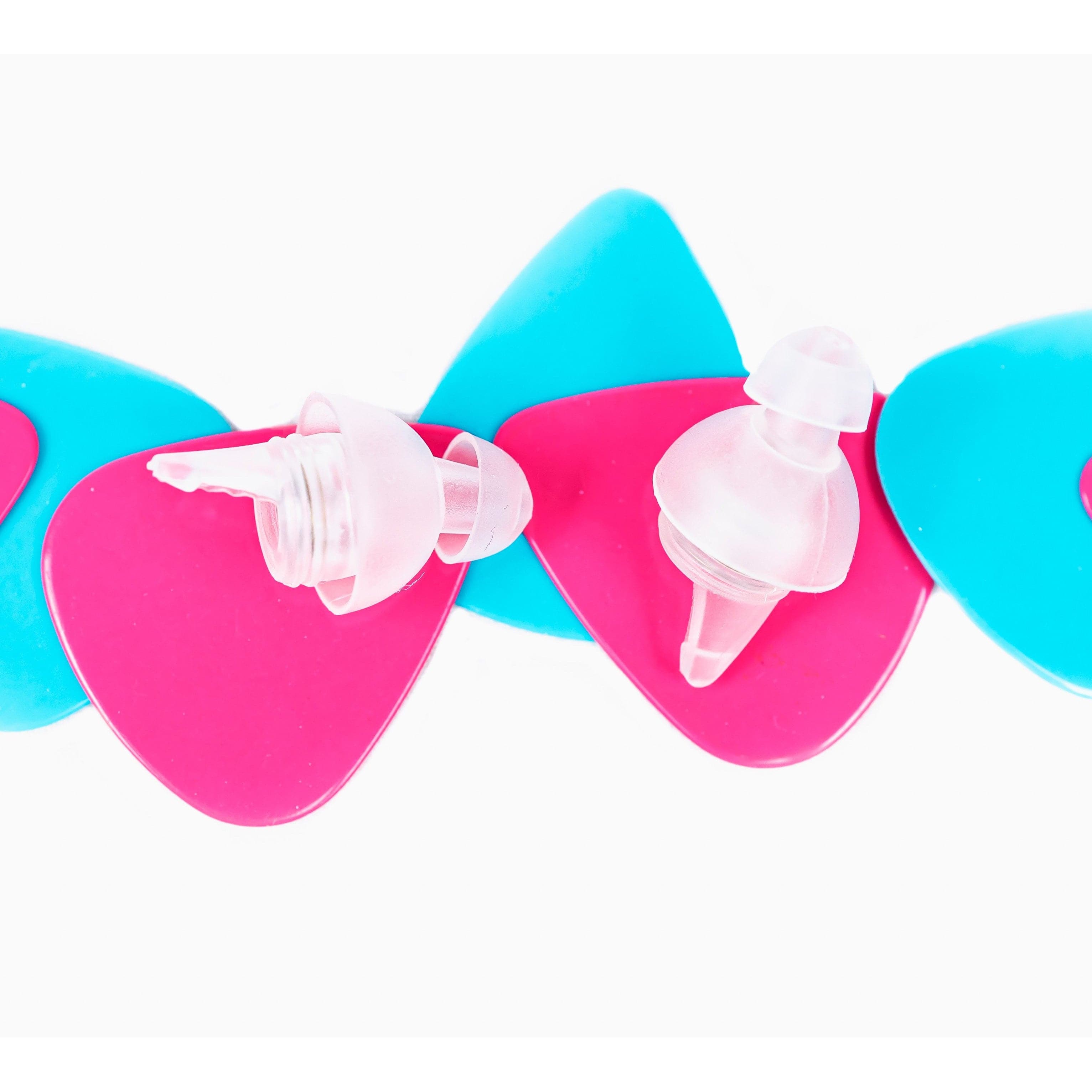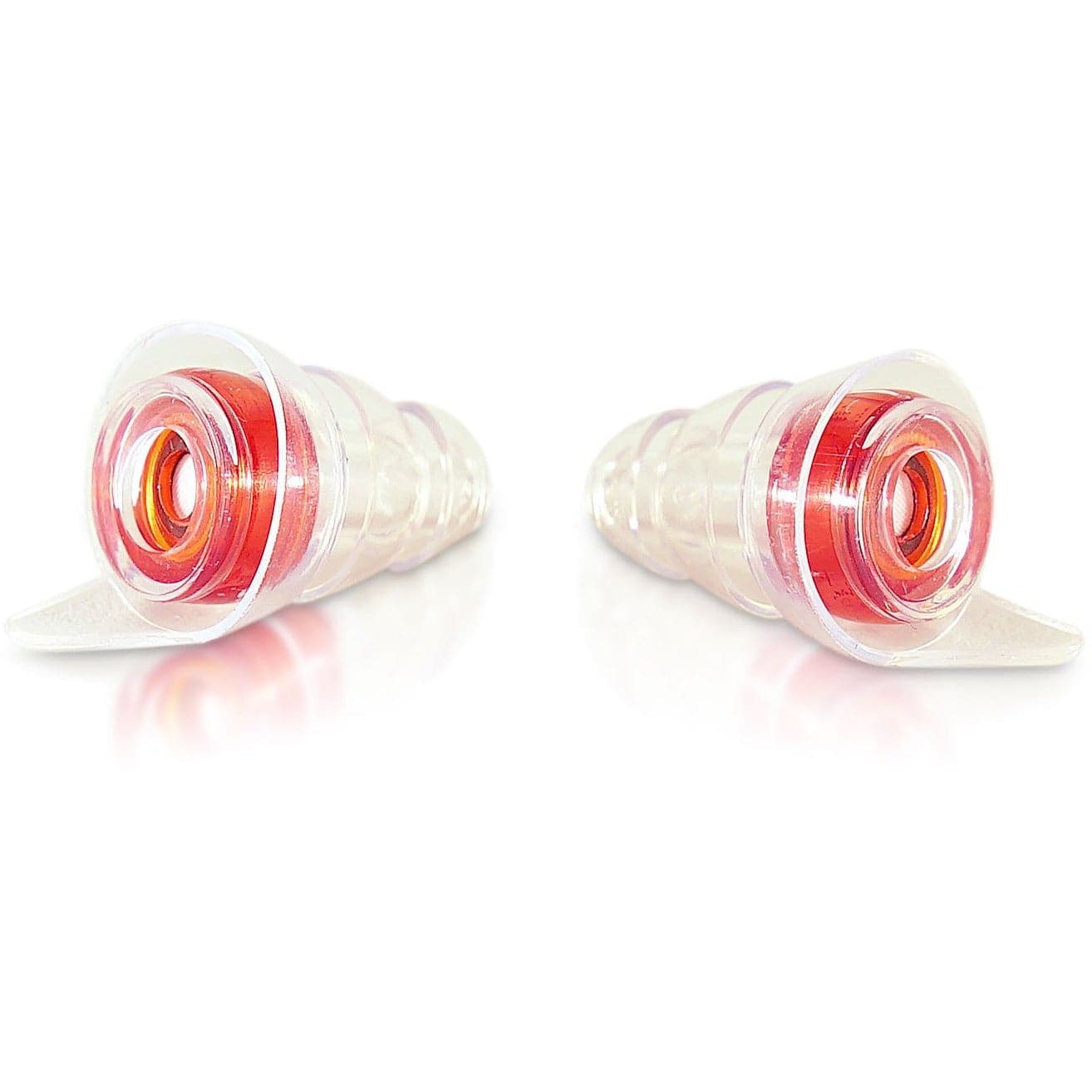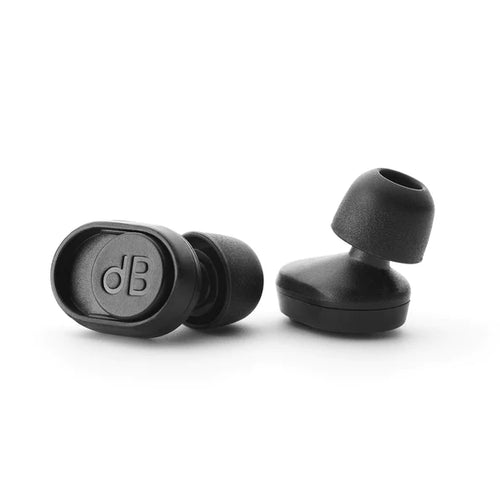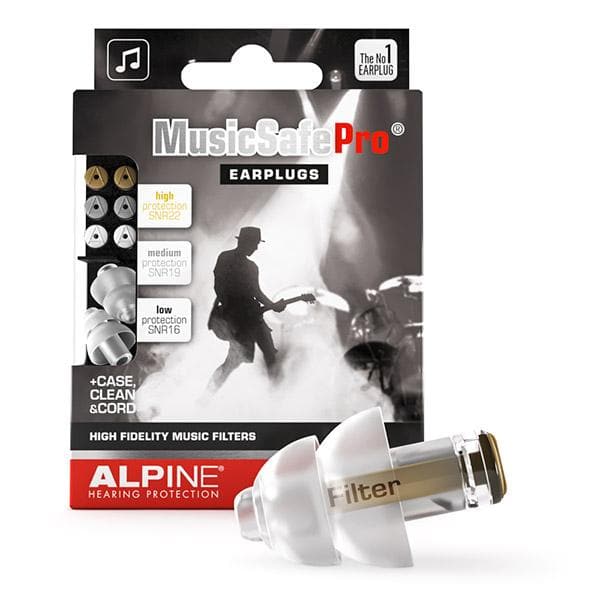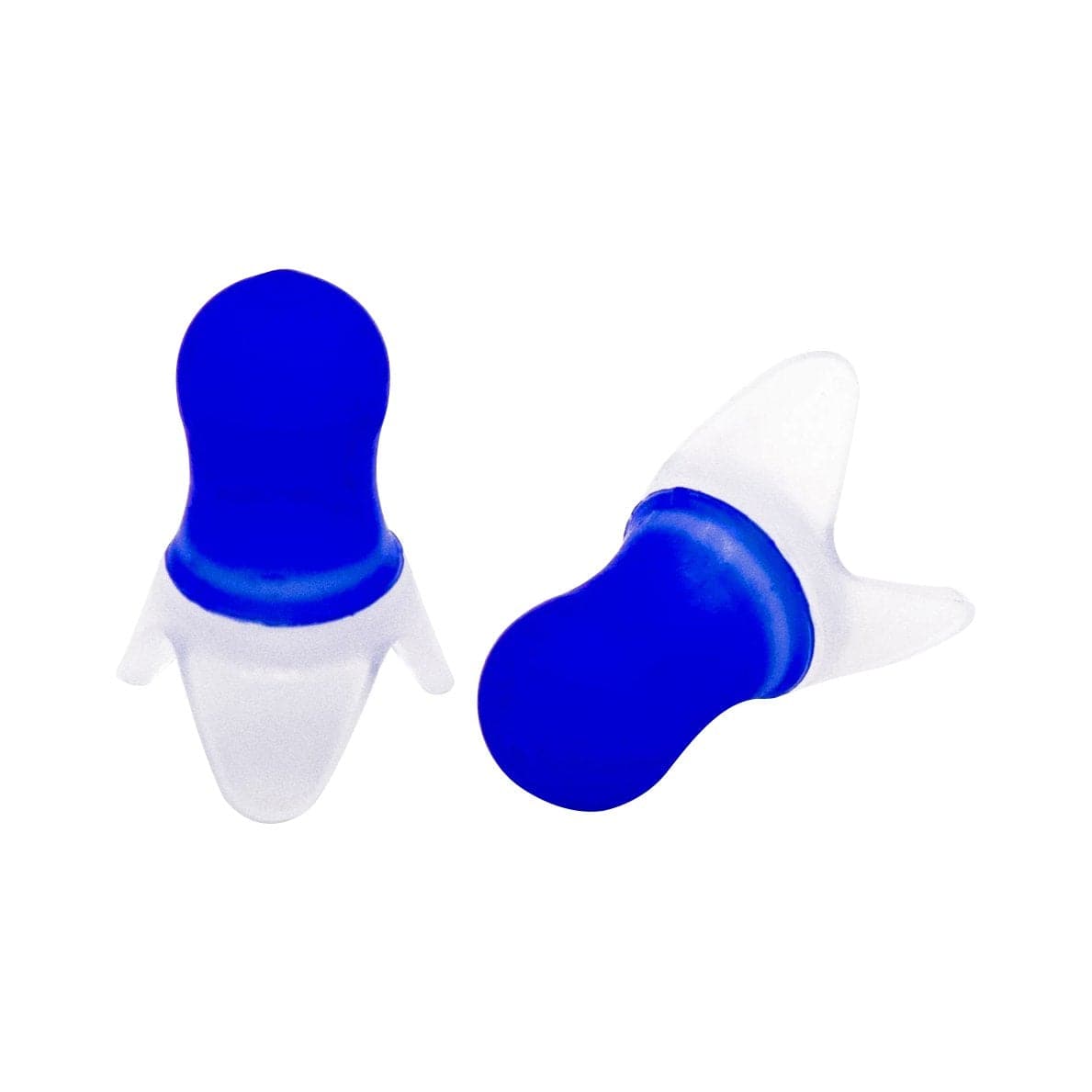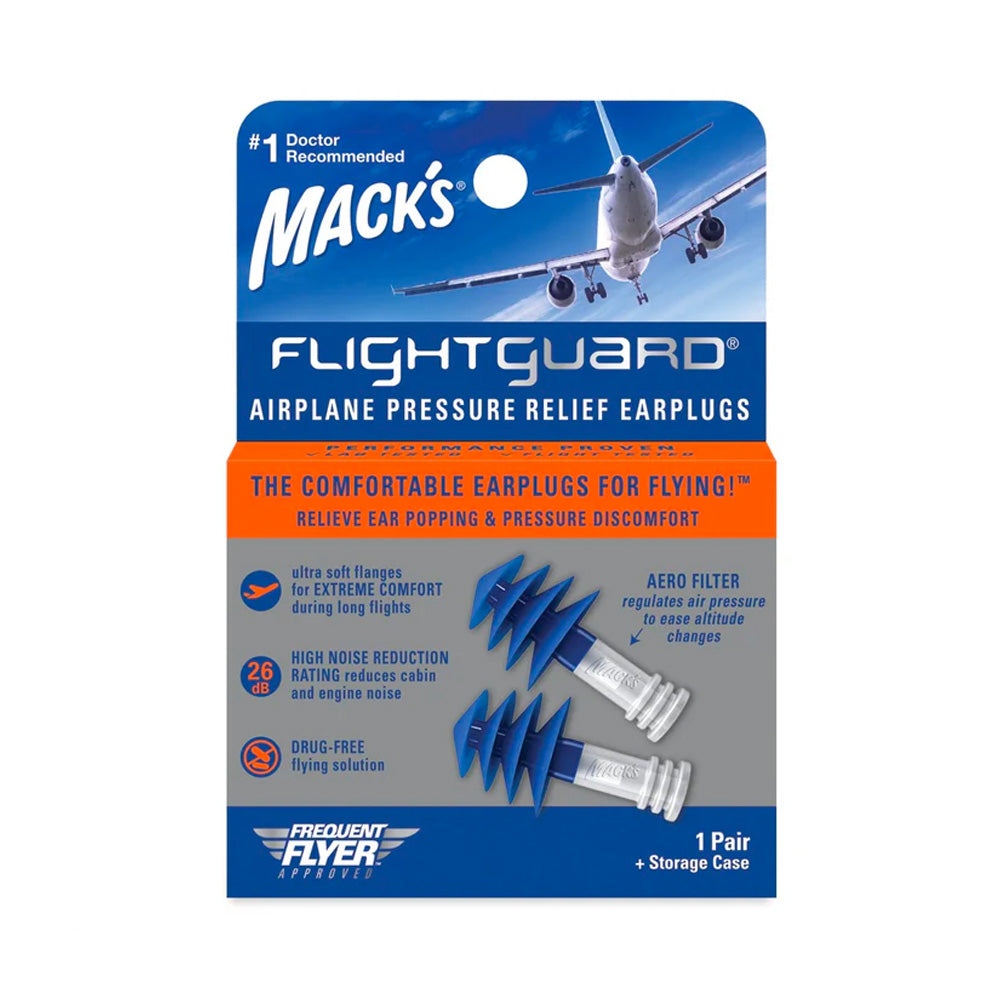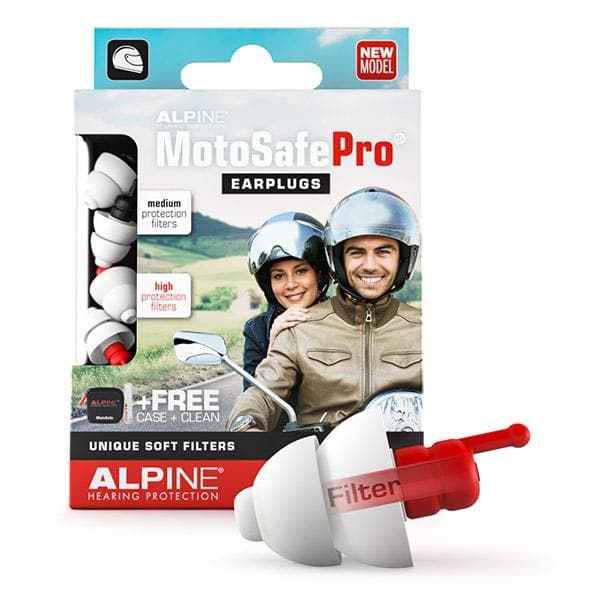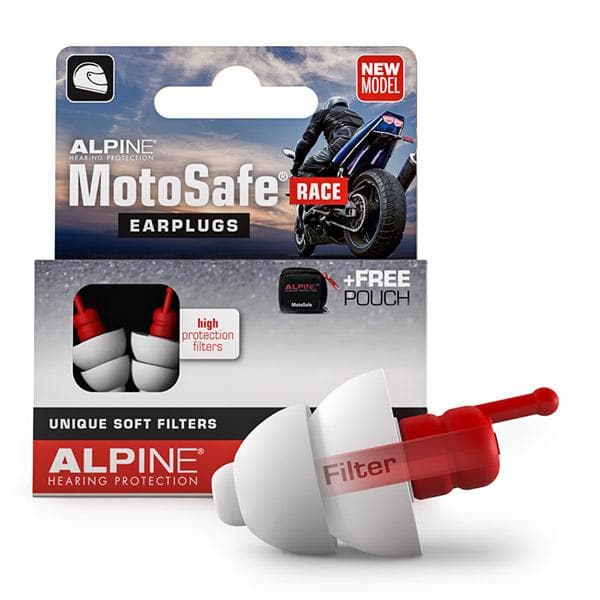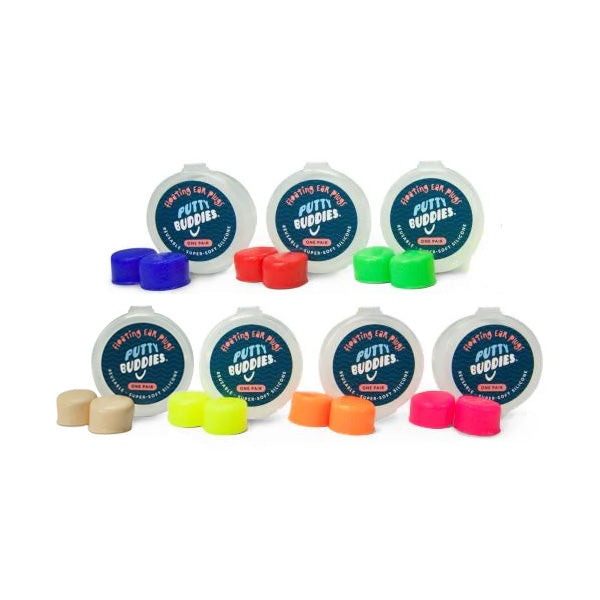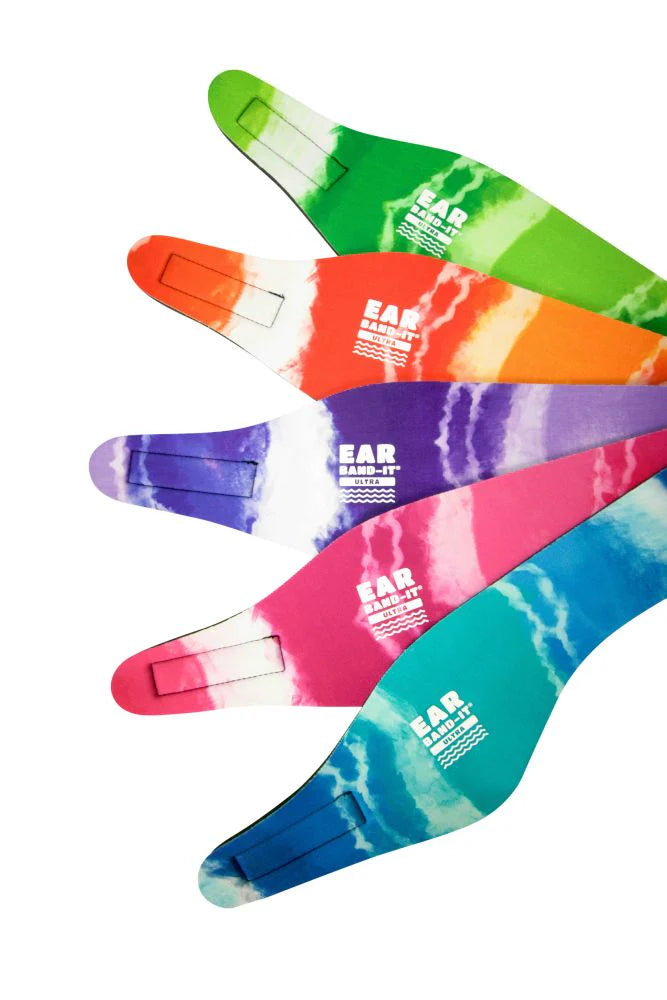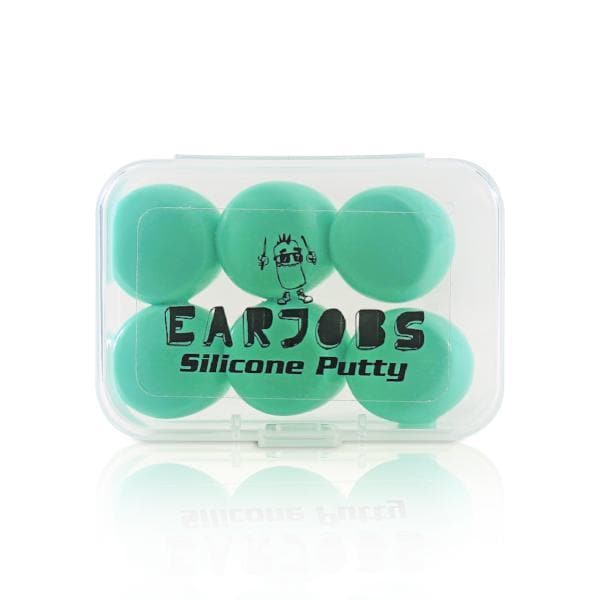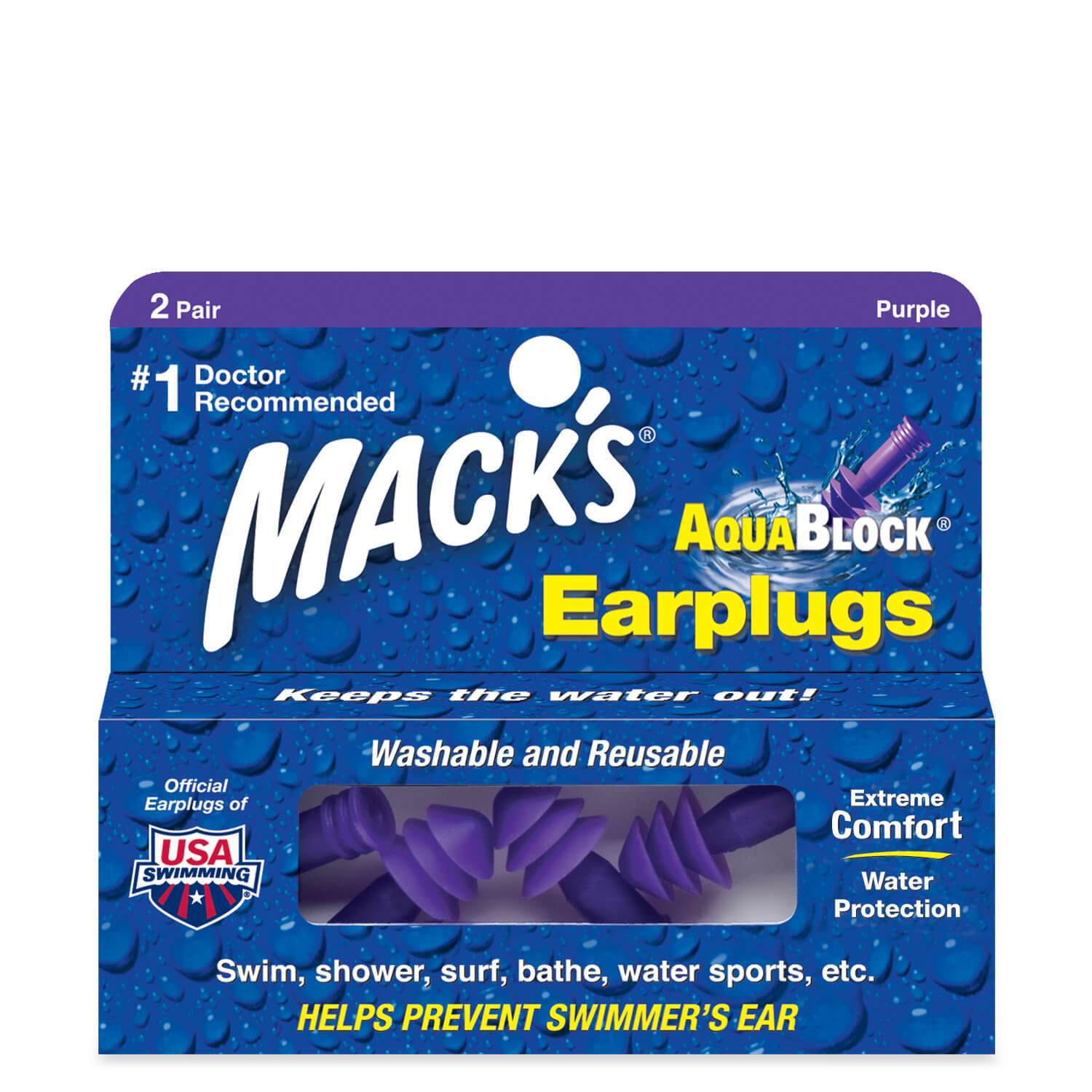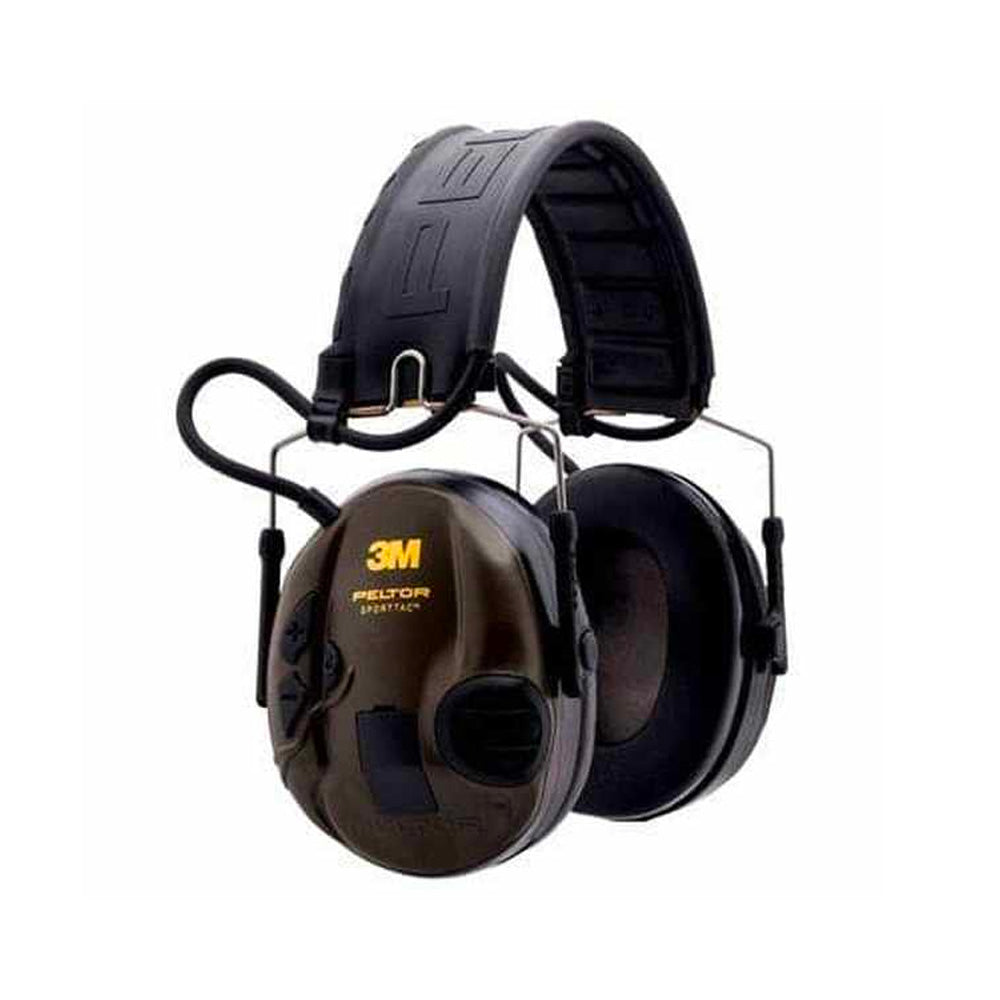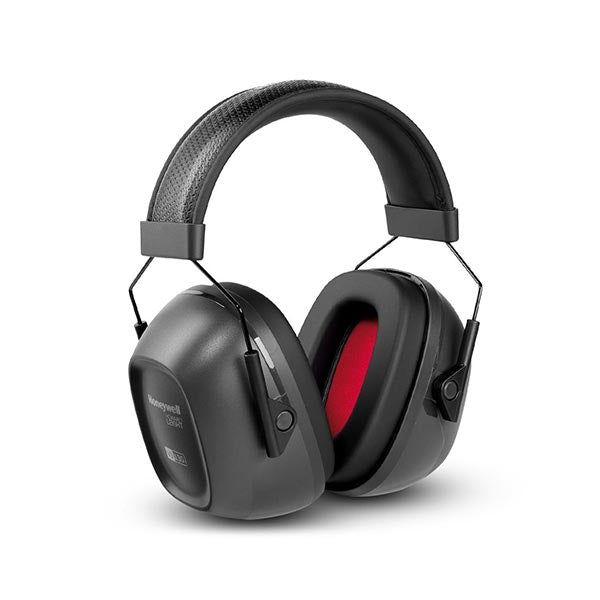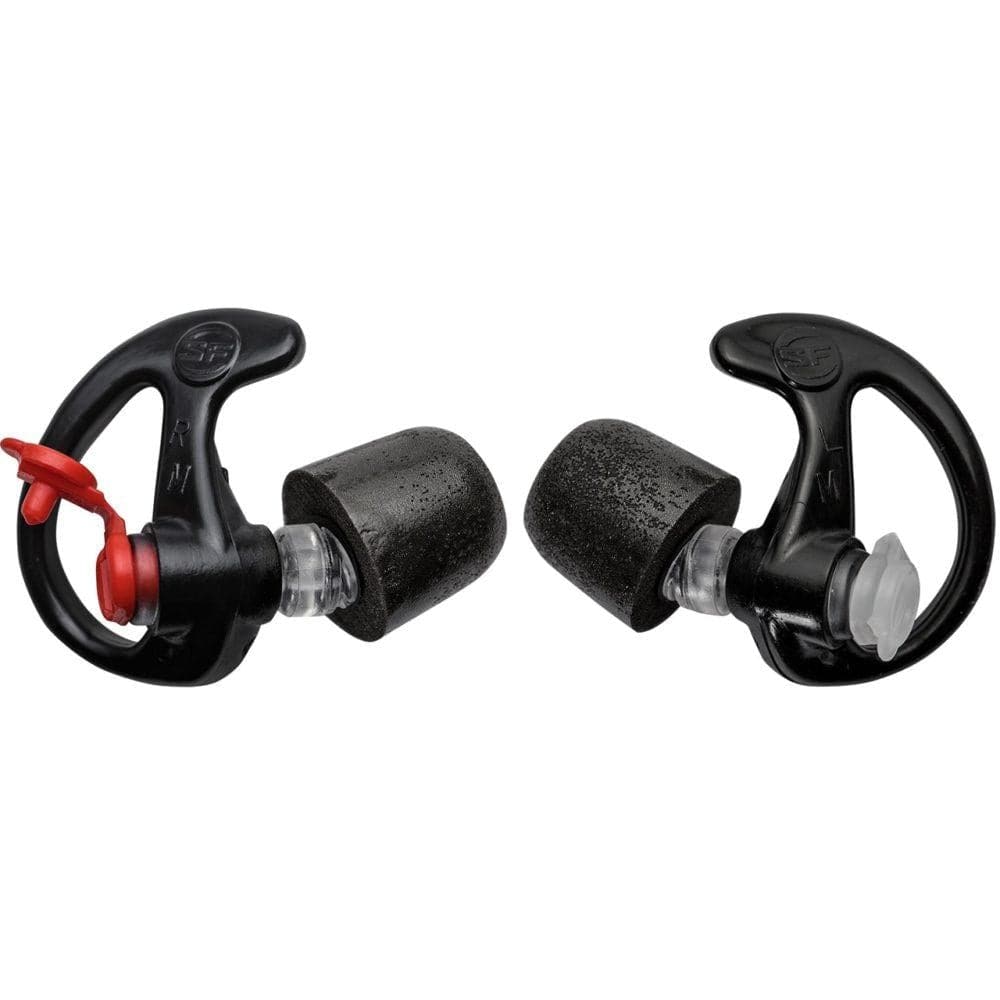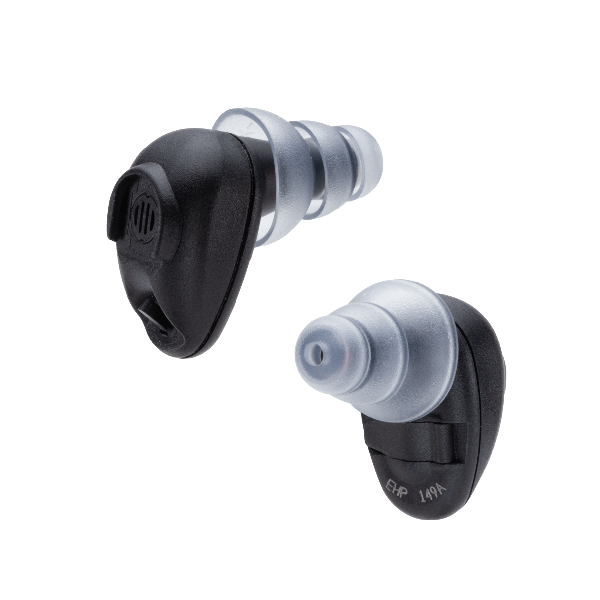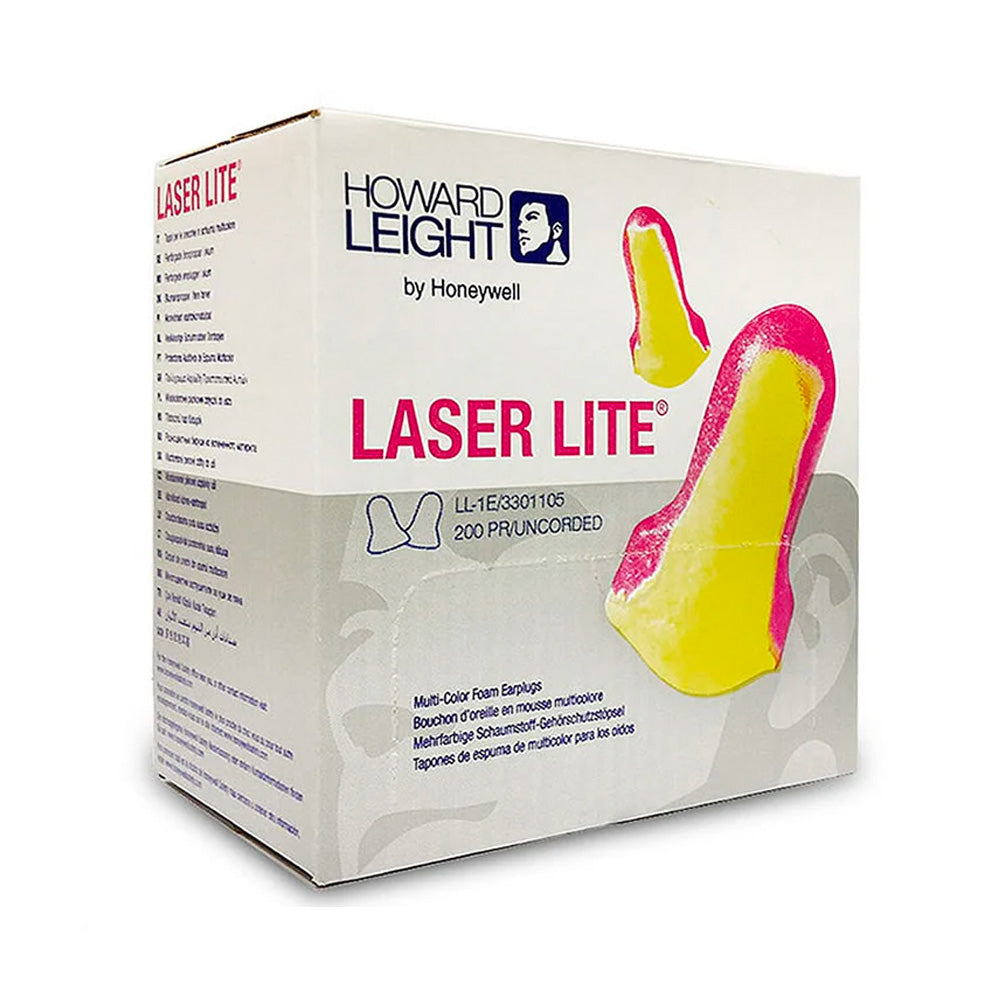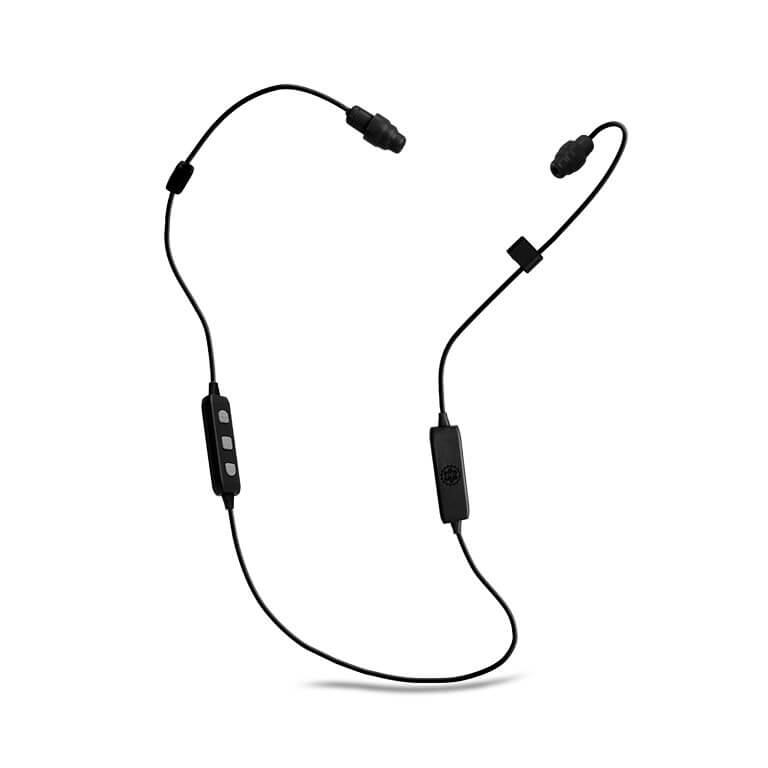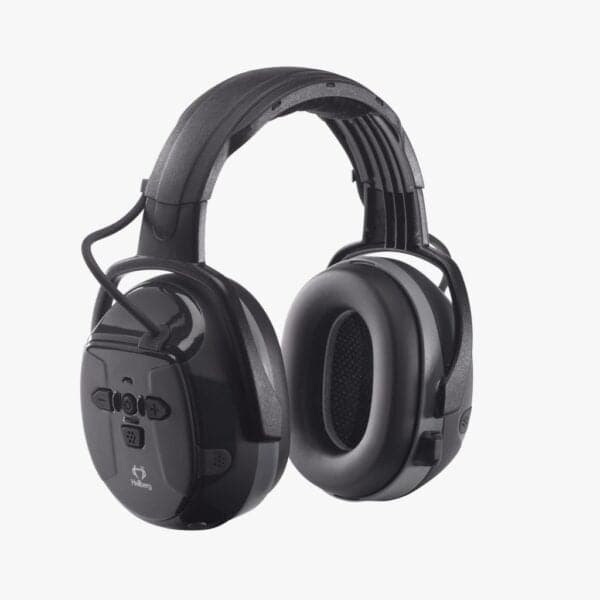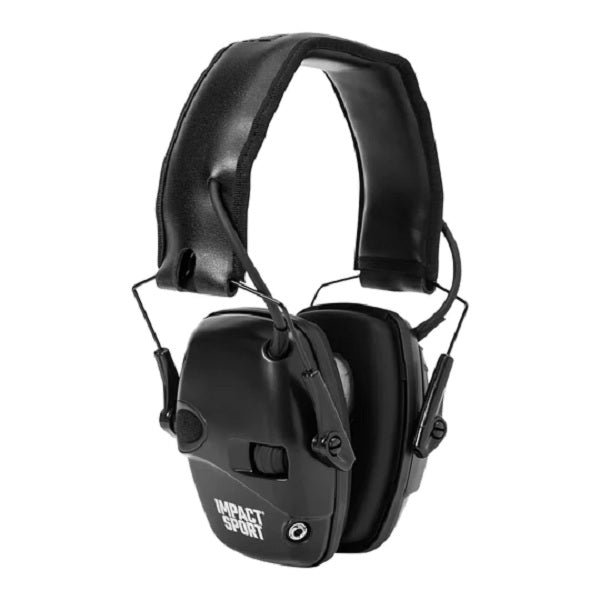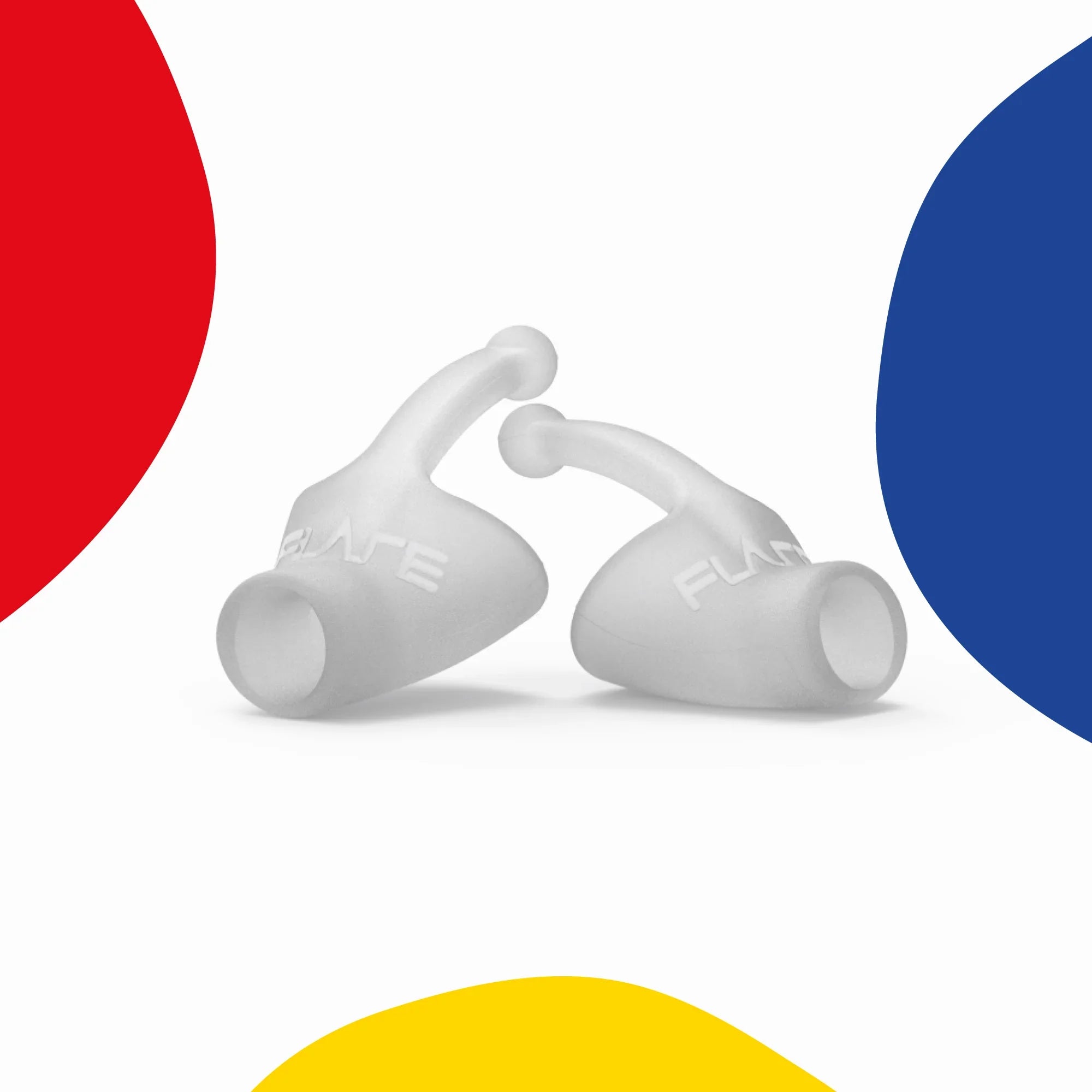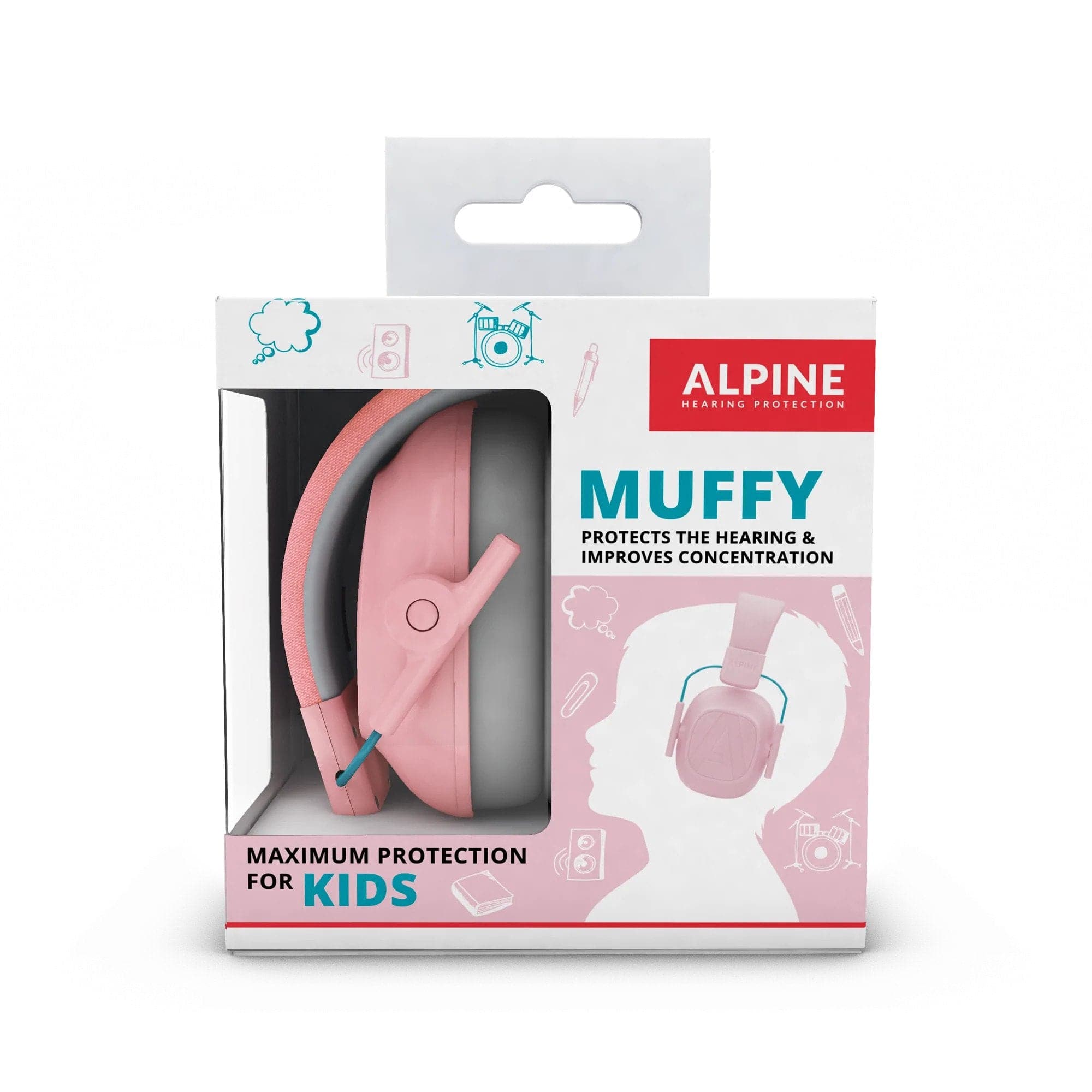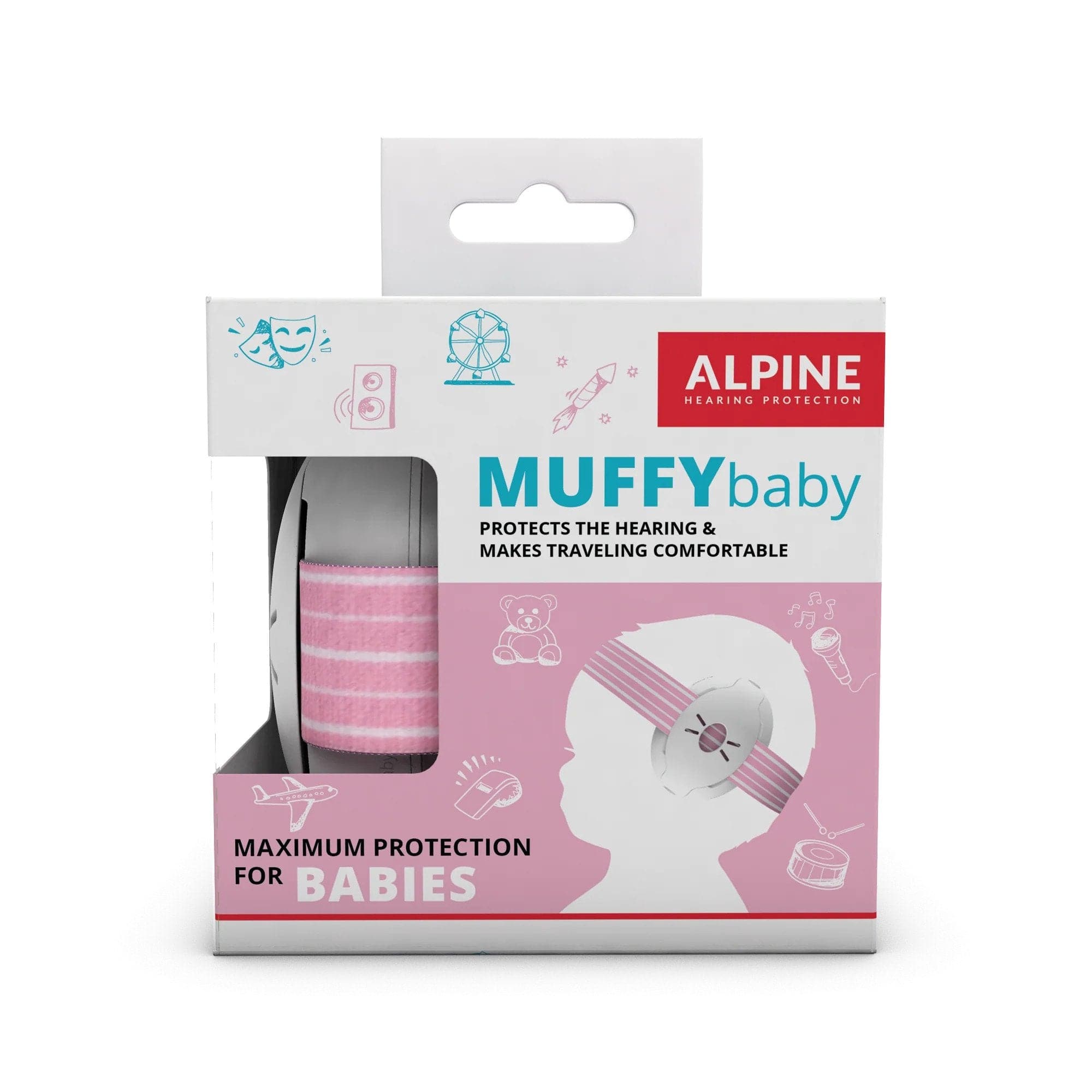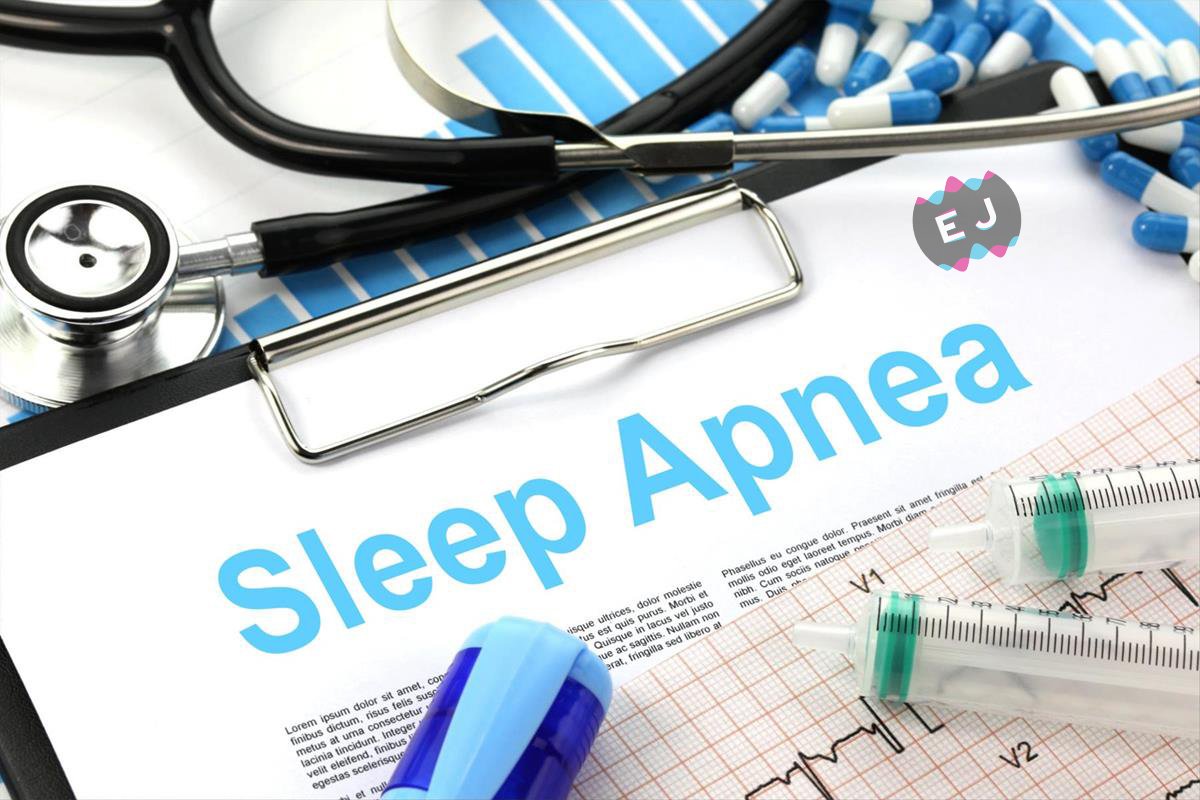Do you wake up feeling tired in the morning? Do you find yourself waking up constantly during the night? Does your partner complain about your loud snores? One possible explanation is sleep apnoea, a condition involving blockages of the air passage that’s estimated to affect 5% of Australians, and up to one in four Australian men over 30.
Sleep apnoea is a condition that involves a partial or entire block to a person’s airways while they are asleep. It can happen due to the structure of the face or the throat or due to how you sleep, but the effect is always the same: it prevents you from breathing. It may only last a few seconds, or in severe cases up to a minute and a half (!) and it often causes you to wake up in the night. Sometimes, you will wake up so briefly you don’t even realise, only to find yourself feeling tired and unrested the following morning.
How do you know you have sleep apnoea? It involves a trip to the GP, they will refer you to a sleep specialist and you’ll undertake what’s called an ‘overnight sleep study’. This will literally track the quality of your sleep, how often you wake up, and other factors that determine the presence of sleep apnoea. But it’s important to be aware of the warning signs. There are a few risk factors that make sleep apnoea more likely, it’s most common in:
- Middle aged or older people.
- Snorers.
- People with a BMI over 30.
- People with narrow throats or nasal passages.
Thankfully, there are a variety of solutions available to individuals with sleep apnoea, which can improve quality of sleep and with it create dramatic improvements in a person’s quality of life. The kind of solution available depends on whether you experience mild, moderate, or severe sleep apnea. Below, we’ll briefly describe the treatments available depending on severity.
- Mild: lifestyle changes and off the shelf products (some of which we’ll talk about today) can cause immediate improvement, allowing you to gain more restful sleep.
- Moderate: a custom fitted solution to dilate your airways, or a device called a “continuous positive airway pressure (CPAP) pump” which feeds air into the air passage, keeping it open and allowing you to sleep clearly.
- Severe: surgery, to adjust the structure of the airway to facilitate sleep for the most extreme cases.
While this may sound intimidating, it’s important to treat this early. Losing even a little bit of sleep each night has a compounding effect, resulting in worse performance at work, a higher degree of irritability, a decrease in emotional wellbeing and just general health factors. The Victorian BetterHealth channel does not mince words when they say “a sleepy fatigued person is accident prone, judgement impaired and more likely to make mistakes and bad decisions.”
In this guide, we’ll talk about a few off the shelf solutions that can simply and effectively treat mild cases of sleep apnoea. As always, if you suspect you experience sleep apnoea it’s worth talking to your GP first (we’re not qualified to give specific medical advice) but once you’ve got confirmation, it’s likely they’ll suggest something simple like the below as a first line treatment.
AirMax Snoring Nasal Device
$34.99
The AirMax is a nasal dilator, it’s like a wishbone that you wear on the inside of your nose, it dilates (or expands) your nasal passage, allowing air to pass through more easily, improving your breathing and (hopefully) suppressing your snores.
Each set comes with two sizes: small and medium, which will fit the vast majority of nose shapes. While it may sound confronting to have something stretch your nose, it’s quite comfortable when worn: really, it’s just opening your nostrils the way they should be normally, with the effect of making it easier to breathe. It typically takes about two weeks of continuous wear to start experiencing the therapeutic advantage of the AirMax, though once it’s working for you it’s a common solution for mild to moderate snoring, congestion, or sleep apnoea.
We mentioned previously a “continuous positive airway pressure (CPAP) pump”, these are typically worn over the nose and are compatible with the AirMax. In fact, the AirMax can increase the effectiveness of the CPAP in treating sleep apnoea. This makes the AirMax a popular first line solution again mild cases of sleep apnoea, though as mentioned, it’s an appropriate solution for open mouthed snorers too.
EARJOBS™ SLEEP APNEA ANTI-SNORING CHIN STRAP
$28.99
As described, a common sign of mild to moderate sleep apnoea is snoring. With the nasal passageway obstructed, the sleeper resorts to loud open mouth snoring as a way of ensuring they’re getting their breath. A chin-strap is a simple solution to this: by keeping your mouth closed, it prevents open-mouth snoring and instead directs you to breathe through your nose, assisting in mild cases of sleep apnoea. Think of it like a saxophone, if you block one hole the air will travel through another one. In the same way, by closing off the mouth, the body will instead adapt to breathing through the nose.
Like the AirMax, the chin strap is also compatible with a CPAP mask, and helps incentivise breathing through the airways to ensure the safest night’s sleep with moderate to severe sleep apnoea. In general, for snorers who don’t suffer from sleep apnoea, it’s a good way of preventing that disruption to your partner’s sleep. It’s hand-washable, works effectively with all face types, and is made of an anti-itch fabric that’s comfortable when worn.
Conclusion
There are a significant number of risk factors associated with sleep apnoea, including high blood pressure, a weakened immune system, as well as the many harmful effects of too little sleep. If you’re someone who snores, if you find yourself waking up often during the night, or if you just can’t remember the last time you had a restful night’s sleep, then it might be worth speaking to your doctor about a diagnosis with sleep apnoea. A variety of non-invasive treatments exist (like the two above!) that can restore your sense of wellbeing and health.
Are you the partner of a late night snorer? Our full sleeping earplug range is available here.

